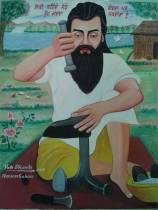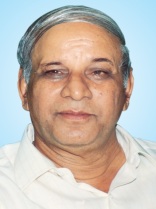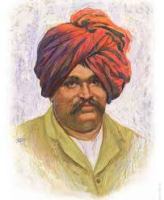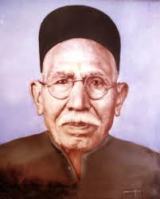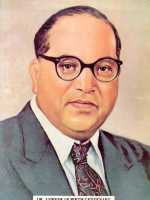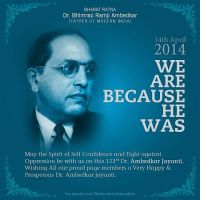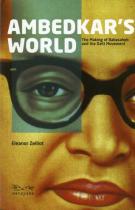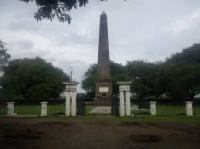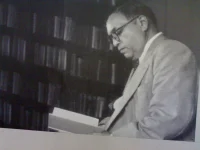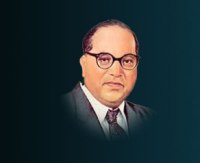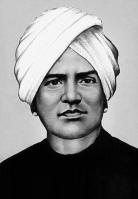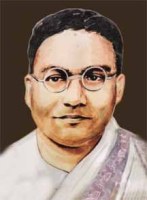On 29th November 2015, three young queer Dalits changed the face the Delhi queer pride. Dhrubo Jyoti, a journalist, Akhil Khang, a lawyer and Dhiren Borisa, a doctoral student, held up beautiful signs that they had painted. The signs summarized in three powerful words, ” Dalit, Queer, Proud”. In one extraordinary moment, both their Dalit and the Queer identities were visibilized and celebrated. Their assertion also dealt a blow to upper caste hegemony over Queer spaces like the Delhi Pride.
In reality, poor and especially trans and genderqueer Dalitbahujan contributions surpass upper caste efforts at queer liberation. They are the ones who create queer communities, protest enmasse and bear the brunt of the beatings, torture, rape and murders by society and the state. The criminalizing of the lives of queer folks through oppressive acts like the Section 377 (colonial anti-homosexuality law) also disproportionately affects poor, queer Dalitbahujan individuals, who cannot afford the price of privacy or rely on sex work for a living.
The prides in major cities however, had become reflective of upper caste queer activism whose proponents have strived to create “caste-less” spaces to dissociate queerness from caste. In Dhrubo’s pride speech, he states his reply to an upper caste individual asking him why Dalits felt the need to “bring caste into everything”. Dhrubo replies ” We bring caste up because caste is everywhere and in my everything, Caste is in my shirt, Caste is in my pant, Caste is in my sex, Caste is in my being and Caste is in every part of you too!” Together, their compelling Pride statement affirmed that the invisibilization of caste, erased Dalitbahujan struggles, history and identity
Their statement was not met without hostility. The majority of dominant castes accused them of derailing conversations of queerness with caste, but they made clear their position was one that was not posing to ease upper caste fragility but one that would help nurture inclusion.
They continue to engage by being conscious of their own privileges, by being a part of the interrogation of power structures and by opposing the prevailing silence around caste and queerness that shames Dalit queer folk into silence.
Today in Dalit History, we honor the energy of these three resolute young individuals and celebrate both their queerness and their Dalitness as they continue to enlighten us and make us proud!






